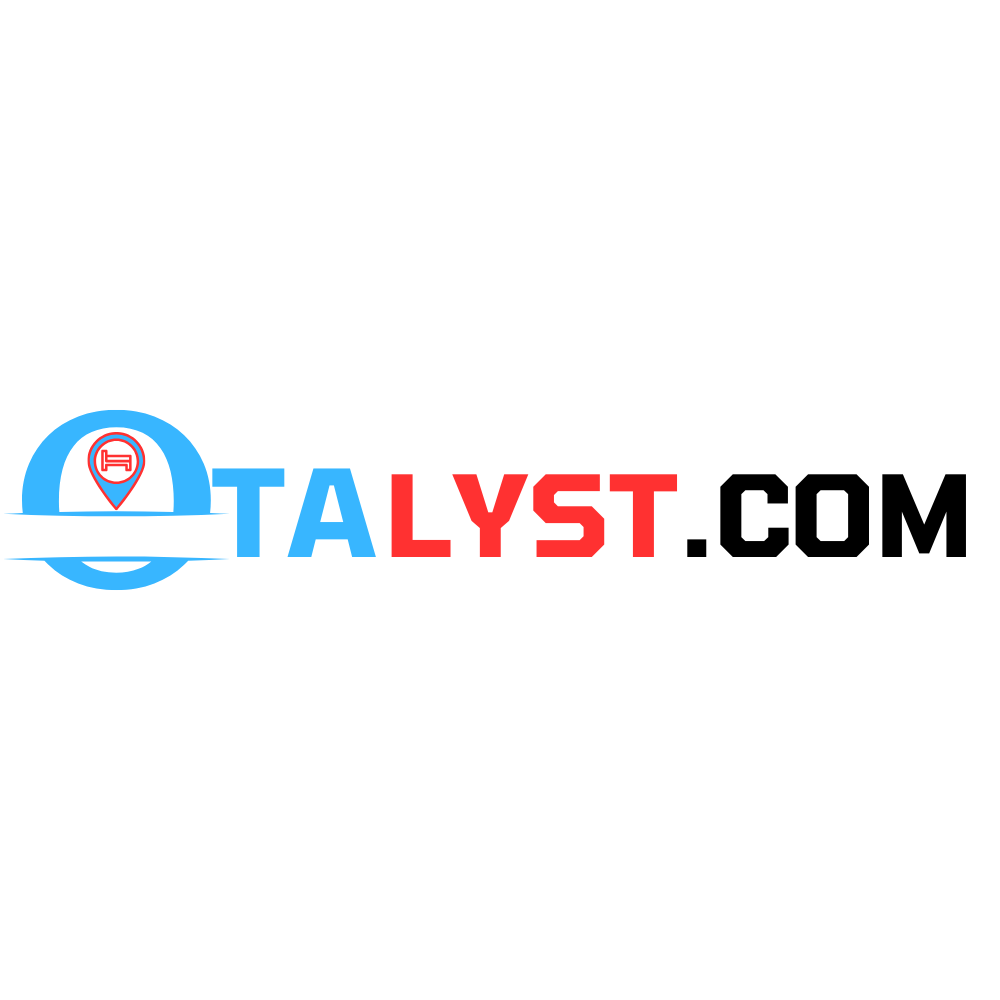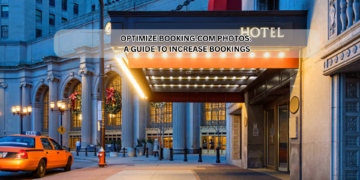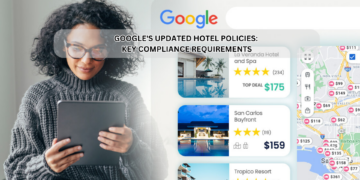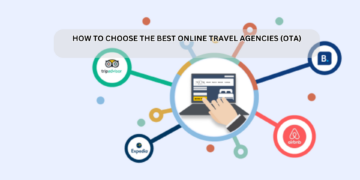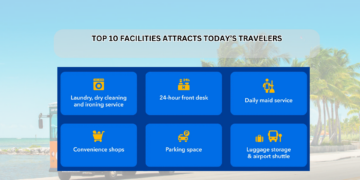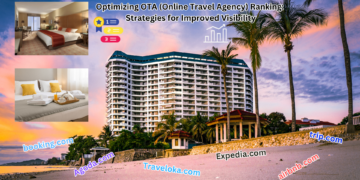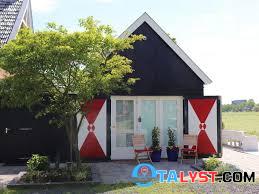In the realm of business, a fundamental lesson stands out – a stable market serves as a rising tide that lifts all boats. Robust consumer demand provides a safety net, making it easier to navigate past suboptimal distribution decisions and flawed Revenue Management strategies. The market, in such times, bears the load and propels businesses toward success.
Yet, when the market’s certainty wavers, whether due to local factors like Brexit or a global financial crisis, ineffective marketing strategies are laid bare. In the hospitality sector, establishments lacking a robust decision-making approach are particularly vulnerable. These hotels witness a decline in occupancy rates, leading to a deterioration of RevPAR (Revenue per Available Room). This is the juncture where seeking guidance from a hotel consultant becomes imperative.
Principles of Competitive Strategy
Smart hoteliers make sincere efforts to maintain competitive advantage, not only through economic peaks, but even through times of distress.
Several principles of competitive strategy come into play, and ascertain the path towards successful hotel marketing.
Observe Your Competition, Don’t Imitate

When the market changes rapidly, amateur revenue managers start panicking.
Since it’s difficult to identify how long the situation will last, or how bad things will get, they choose occupancy over rate.
However, most of the time, a lower rate isn’t justified. In fact, it’s unnecessarily self-imposed due to assumption of lower performance.
Without an experienced hotel consultant, such steps lead to a rate-cutting snowball effect, which can take months to recover.
In order to avoid such hasty decisions, hoteliers should not only observe competition, but also listen to changing market trends.
To guide strategy, it’s important to consider what customers might be needing ‘tomorrow’.
Just because your competition has started cutting rates, doesn’t mean you should follow suit.
Base Decisions on Changing Markets
When the economic environment is changing, you need to act proactively. There’s a dire need to make decisions differently.
Each day will be different, and you can’t use yesterday’s decisions for a profitable tomorrow.
When it comes to hotel marketing, you need to consider consumer travel intent.
It’s one of the best indicators of future demand and consumer confidence.
Whatever historic data you’ve acquired is out-of-date in a changing market.
In the new-age marketing era, consumers are always connected, and want to make real-time choices about hotels and rates.
Thus, your decisions need to be based on changing markets, among other factors.
Know Your Customers
In every market, this should be the business owner’s mantra. Knowing your audience allows you to convert more guests online.
Apart from getting a hotel operations or revenue consultant on-board, hoteliers can use these effective ways to build closer relationships with customers,
irrespective of market conditions:
- Collect data to understand your specific audience and its shopping behaviour.
- Understand why customers are booking on OTAs instead of your official website. There must be certain things you can improve or change.
- Target the right market with personalization techniques based on top personas suiting your brand.

Get a Hotel Consultant On-board
Last but not the least, getting a hotel consultant on-board changes the dynamic in your favour.
With a team of seasoned hospitality consultants with significant experience in operations, marketing and financing, a
hotel consulting agency can provide higher ROI and revenue.
If you’re still not sure, keep reading to understand the benefits.
How a Hotel Consultant Helps Maximize Results?
As expected, an independent hotel consultant gives advice, designs strategy, and provides you with ways to increase sales.
This helps you fill the gaps between desired and actual situations. Moreover, a consultant can also help with training, guiding and coaching the staff.
Simply put, a hotel consultant not only defines your hotel’s goals and missions, but even implements strategies to achieve desired results.
Some other important responsibilities and roles of a hotel consultant include improving work performance, identifying operational needs,
increasing employee motivation, improving organizational communications, enduring customer satisfaction and broadening the market segment.
But why don’t we just discuss specific responsibilities in detail? Let’s go on!
Buying and Selling Assets
One of the key roles of a hospitality consultant is to help you buy and sell assets.
With the expertise of a seasoned consultant, you’re in a much better position to make an informed decision about a planned purchase or a sale.
Evaluating Financial Impact
With this service, you can evaluate whether a certain aspect of your hotel will drain your resources or contribute to overall goals.
While advanced techniques and analysis can work better with complex calculations, the expertise of a hotel marketing consultant allows for a few simple calculations to make financial sense of a project.
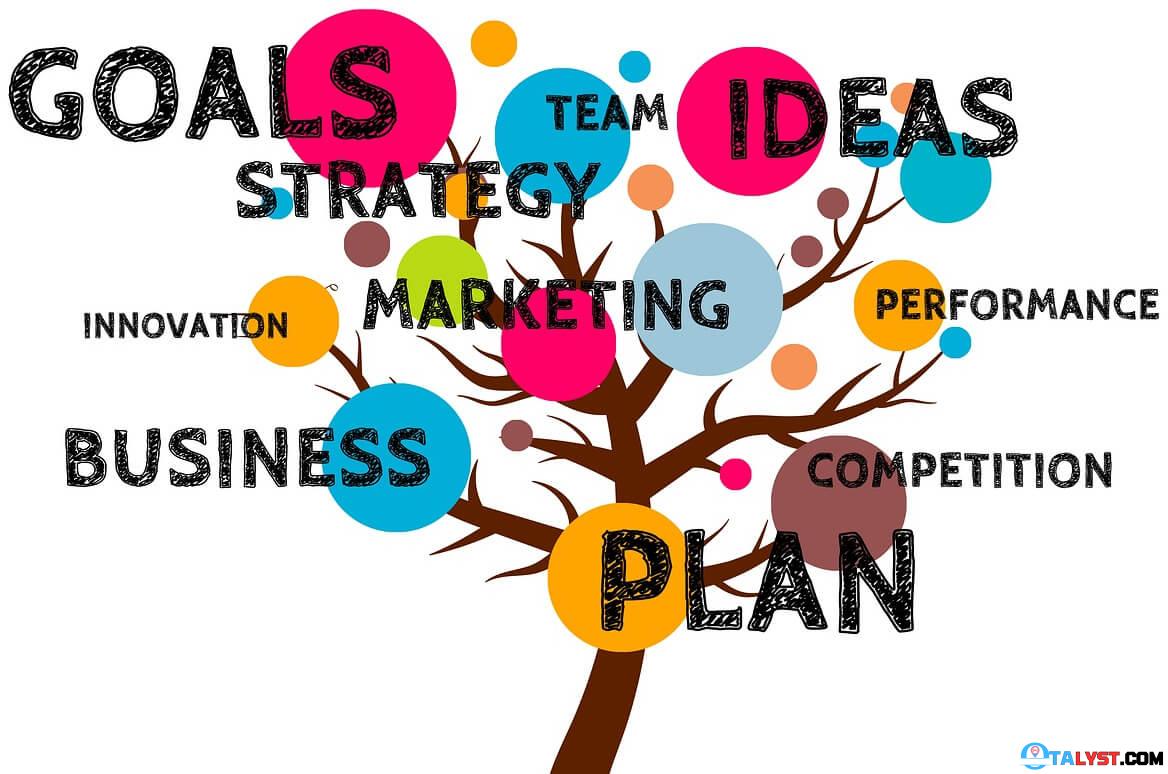
Planning, Market Analysis and Feasibility
With this service, you can easily identify, anticipate and satisfy consumer demand to earn higher profits.
With adequate market research, planning and feasibility analysis, you get the right mix for your requirements.
A hotel consultant gathers and records data about specific offerings, competition and market conditions to plan everything in an organized manner.
Improving Operations
A sound operational strategy is key to a higher ROI. This service allows you to evaluate the effectiveness of internal processes.
With data gathered, a hotel consultant allows you to interface with guests, specifically catering to their needs on priority.
With several technologies and loads of data, customers expect some level of personalization,
especially when they’re spending time on your property to relax and unwind.
With the right kind of indicators and insights, you can guide the staff to provide customers with a much better pre-booking, post-booking and on-stay experience.
Offering Technical Support
Whether it’s a Cloud Property Management System or a
Channel Manager, every hotelier has some technical support requirements.
When setting up operations for a hotel, technical platforms can truly define the process.
A hotel consultant can help you understand what’s right for your business.
At OTALyst we’ve setup once-off short
1-to-1 Technology Advice Sessions
to help hoteliers figure out any kind of technical issue.
Restructuring and Repositioning
A hotel operations consulting firm can help you identify key issues that may be holding you back.
It also helps you realign with new strategies and management solutions.

Planning and Implementing Entry/Exit Strategy
While operational strategy is the key to higher ROI, hoteliers also need to have a sound entry and an exit strategy in place.
When you’re looking to acquire another business, strategy plays a pivotal role.
With a hotel consultant by your side, it’s possible to get crucial tools and information to make the best decisions.
Make a Marketing & Distribution plan
It’s necessary to plan the road ahead and make a marketing plan to increase direct bookings.
In simple terms, an independent consultant presents a well-defined roadmap of what’s important for the long term.
With experience and expertise, a consultant uses foresight to keep you informed about changing market trends,
distribution strategies, and several other indicators to help you build and market a brand.
Strengthen your Brand with a Consultant
Whether it’s about creating a hotel marketing plan, choosing a booking engine, or designing operational strategy,
with an experienced hotel consultant, you have all the bases covered.
While strengthening your brand, the consultant ensures your hotel attracts more guests, which in turn leads to higher revenue.
Isn’t that the end goal anyway? Why don’t you go ahead and give it a shot?
Get in touch today!
Tools like PMS (Property Management System) and CM (Channel Manager) only assist lodging establishments in operating more simply, saving time, and being more efficient compared to not using them. However, that is not the root of growth or the challenges faced in the accommodation business. If you want to effectively manage OTA channels and create stable growth, you should have a clear understanding of how OTA platforms operate, such as their nature, operational models, and how they display, calculate displayed prices, and collect prices (after deducting commissions). Of course, larger hotels that want to approach it systematically will do it synchronously from the beginning, but smaller lodging establishments wanting to reduce operational costs should overlook it and focus on optimizing display and providing outstanding customer care.
Synthesized by: OTA Lyst
